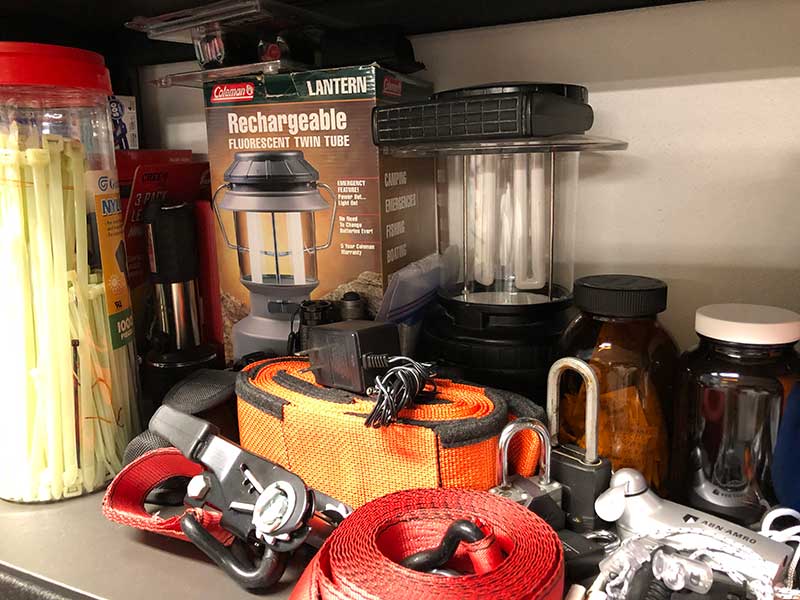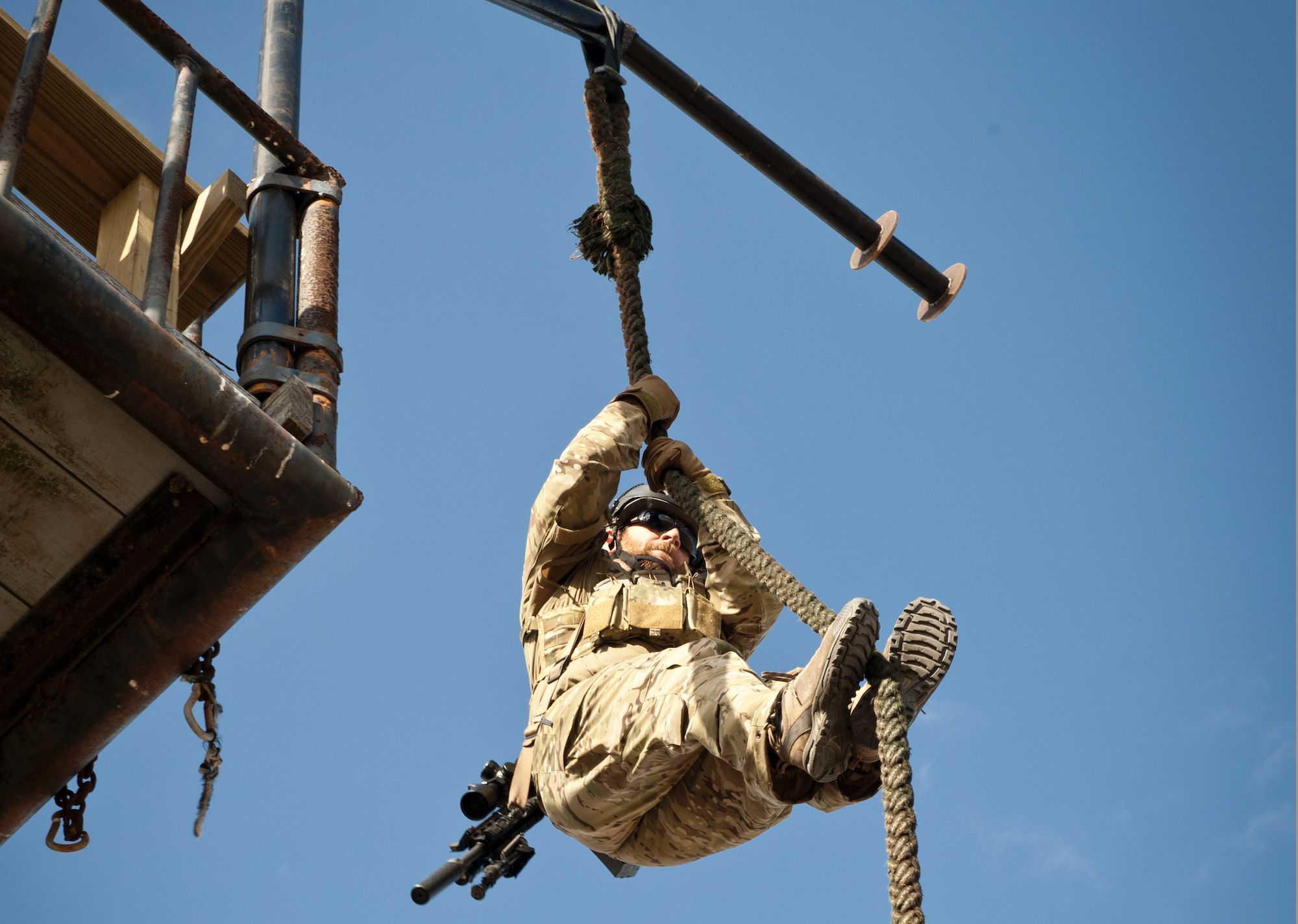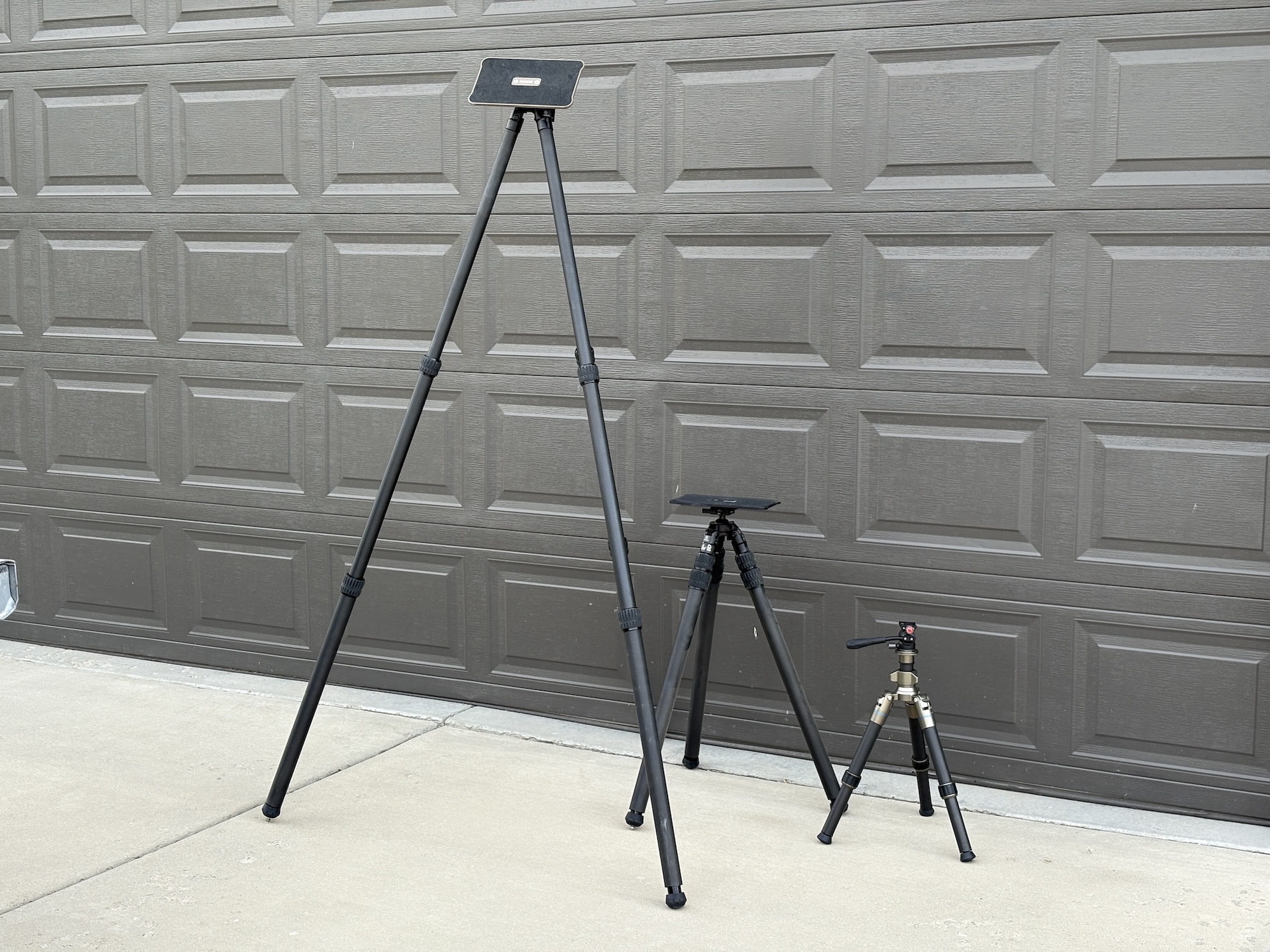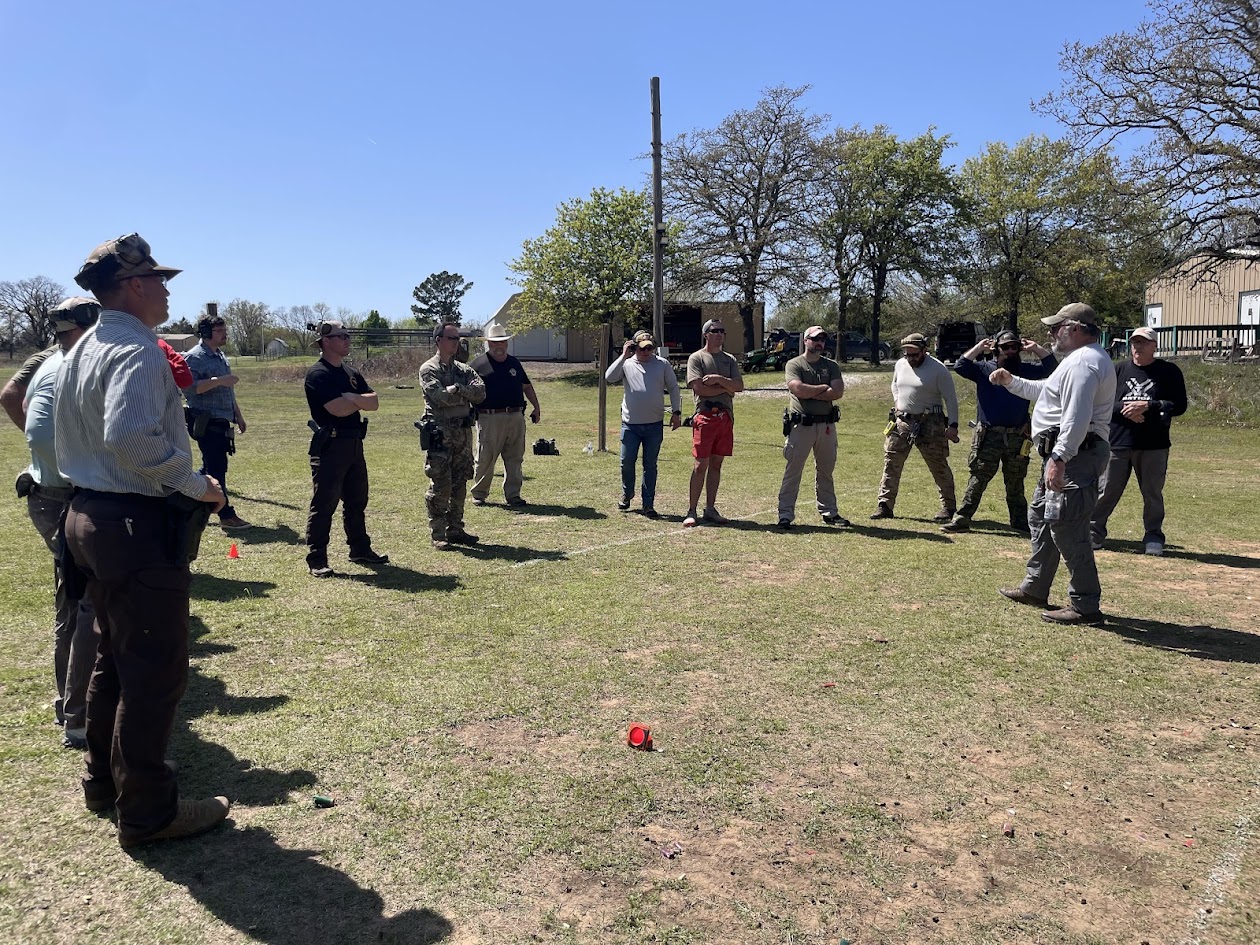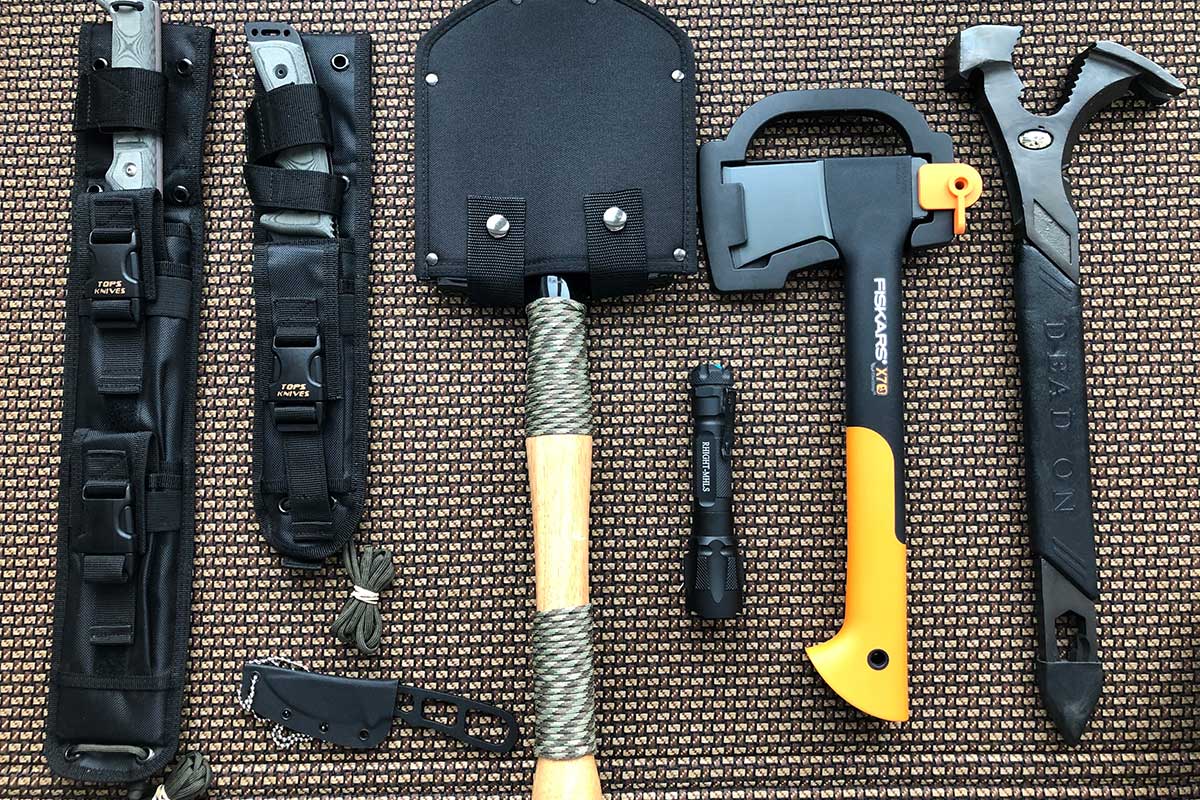
AC-092121-Prepper-FP-4-800
Watching the news can be overwhelming. From natural to man-made catastrophes, the constant stream of “disaster” reporting is relentless. And for those of us who prepare for such events, it often feels like no matter what we do, it’ll never be enough. This is sometimes referred to as prepper’s fatigue, and if left unchecked, it can cause some people to give up their preparedness efforts all together. If any of this sounds familiar, you’re not alone.
In this article we breakdown how to overcome these negative feelings, and what you can do to remain focused on what really matters—staying informed, being prepared and maintaining balance.
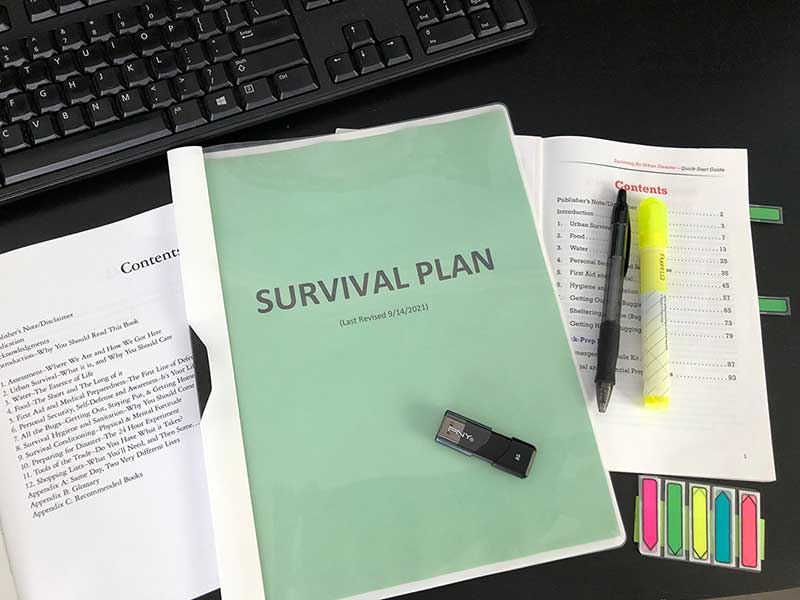
A preparedness plan will evolve with your circumstances, and will improve as your knowledge base grows. Review and revise your plan often.
DEALING WITH PREPPER’S FATIGUE
The following suggestions can be effective in dealing with the negative feelings associated with prepper’s fatigue, and keeping your attention firmly focused on what really matters.
• Ignore the hype, fear mongering and other such nonsense. There is never a shortage of bad news, or “experts” urging their audience to prepare for the “end of the world.” Not surprisingly, there is usually a financial interest connected with these apocalyptic warnings. It’s all too easy to buy into these shenanigans since the message usually seems to contain at least a kernel of truth; just enough to make it sound credible and convincing. While it’s important to stay informed and keep an open mind, it’s essential to also develop a nose for identifying the charlatans, and the ability to just say “No.”
• Forget perfection. Nothing you can do will ever be 100%. Your goal should be to do the very best you can, within your abilities and financial means. As you expand your knowledge base, you will gain a better understanding of what you really need for your particular circumstances, and you’ll make improvements and adjustments.
• Focus on the survival basics. The survival basics will help keep you alive in a survival scenario – food, water, first aid/medical, sanitation/hygiene, security/self-defense, and knowing when to get out and when to stay put. If you have limited time, money, and know how, start with the basics and build on your efforts.
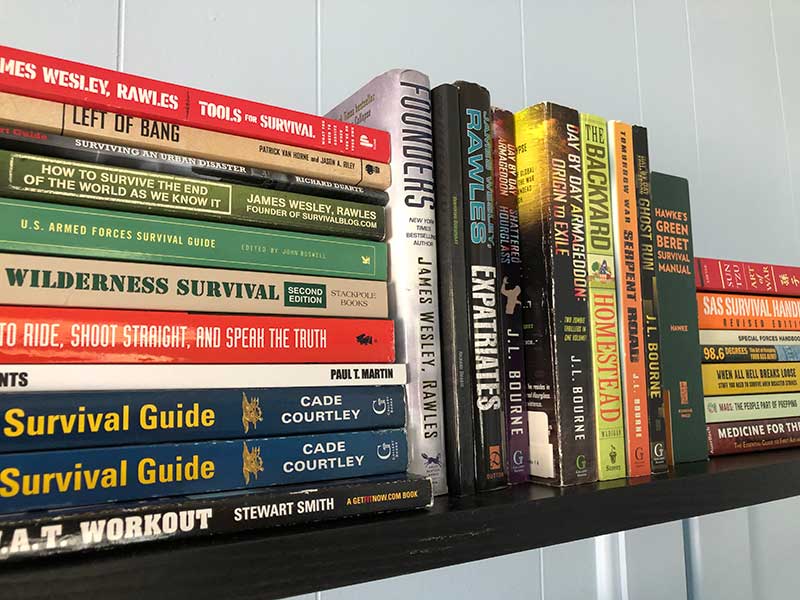
A great way to build your knowledge base, and to expand your skill set is to read. Your preparedness library can provide a readily available source of reference materials, and valuable information.

Survival tools, gear and other survival supplies are an important addition to any preparedness plan. Have a wide assortment, but don’t forget to test your tools, gear and supplies well in advance of any crisis.
• Slow and steady. Preparedness is a lifestyle and a process that evolves over time. Don’t expect to sit down over a long weekend and write out a viable, fully functional survival plan, or to run out to your big box retailer and buy all the things you need in one trip. Part of the process involves trial and error, and this can’t be rushed. Trying to do everything at once is not only ineffective, but it will only increase your levels of stress and anxiety.
• Test your plans and your preparations. Untested plans and preparations are at best a gamble—when the time comes they may, or may not, work as you anticipated. Testing helps you find the flaws and provides you with valuable insights to make adjustments. While you’re at it, also test your tools, gear and other survival supplies. If you buy it, and put it away without testing it, you’ll likely be setting yourself up for failure.
• Be realistic. Preparing a survival plan, storing food, water and medical supplies, developing useful skills, and being prepared to defend yourself and your family is reasonable. Planning to bug-out, on a moment’s notice, to live off the land by hunting and killing zombies along the way is a fantasy. Survival and apocalyptic fiction makes for great entertainment and can be lots of fun, but it’s just that—entertainment.
• Maintain balance. Life is all about maintaining balance. There are, in fact, lots of bad things happening around the world, but it’s not all gloom and doom. There are also lots of good things happening. You should never focus on the negative to the exclusion of all else. Don’t ignore any threats, but remember to appreciate those precious moments with friends, family and loved ones. Live your life to the fullest, and enjoy every moment.
CONCLUSION
An important part of being prepared, is staying informed and accepting that there are a multitude of events that can potentially affect us in very unpredictable ways. Whether it’s a storm, a financial collapse or an act of terrorism, there is a common denominator—these events are usually all well outside our control.
No matter what any of us may do, we can’t stop bad things from happening. The best thing we can do is to stay alert, and make reasonable, rational preparations, without fear, panic or desperation.


 (No Ratings Yet)
(No Ratings Yet)
